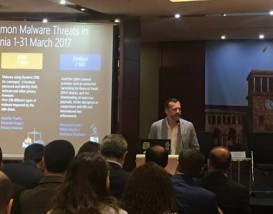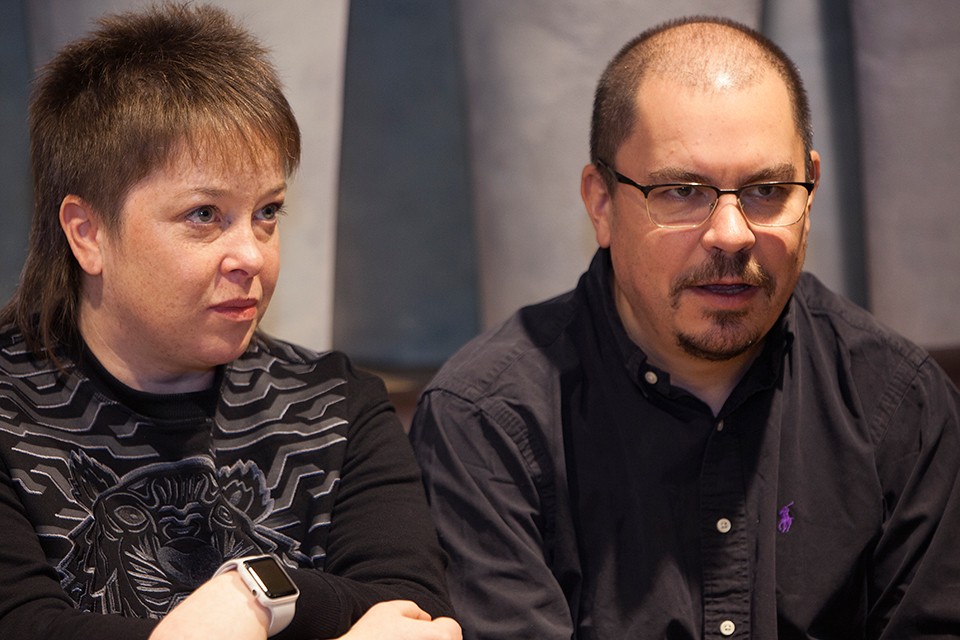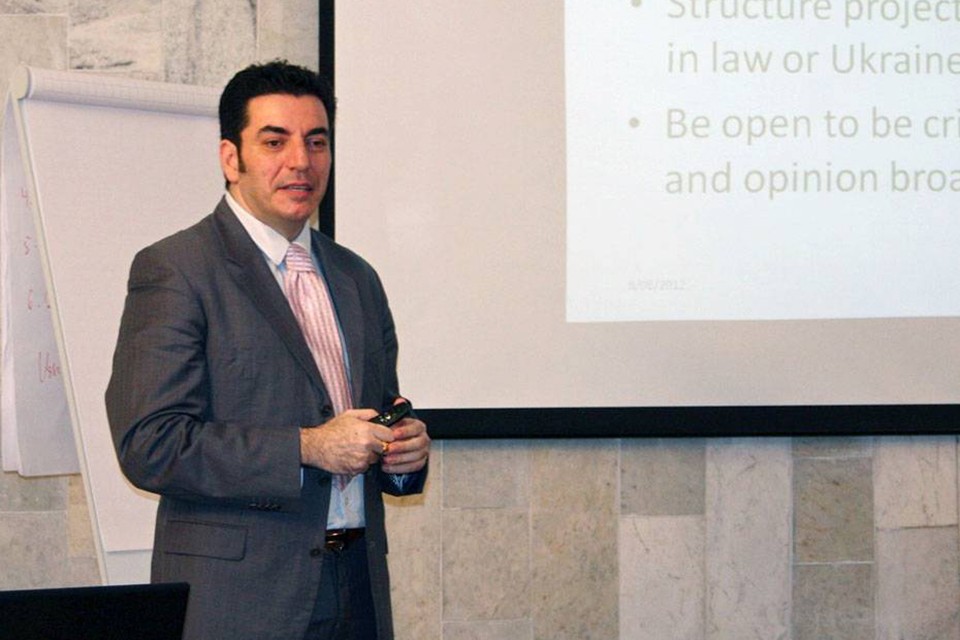-
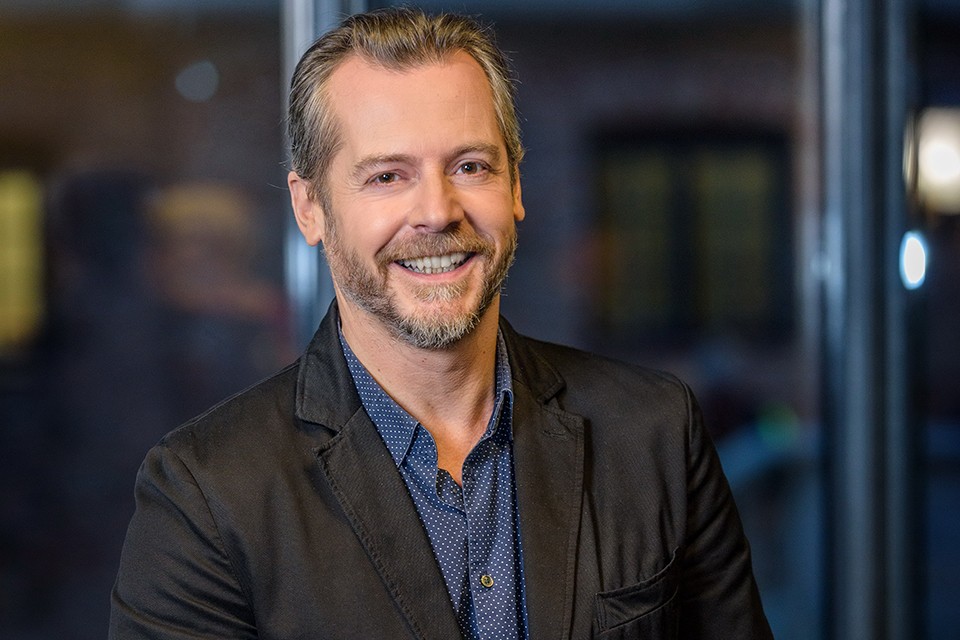
Laurent Signoret
-
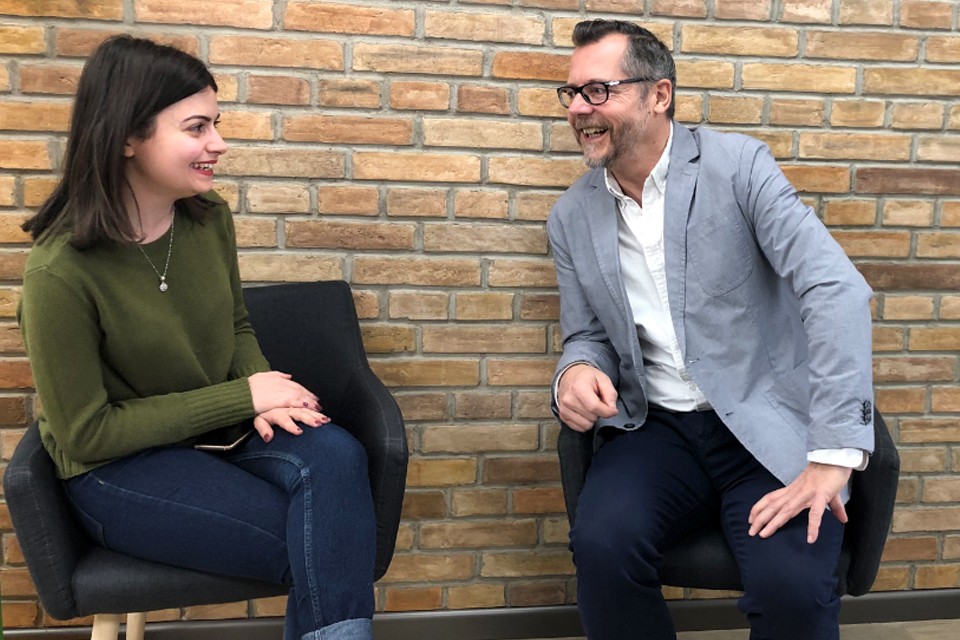
Narine Daneghyan talks to Laurent Signoret
15:13 | 15.03.19 | Interviews | exclusive 56964
Laurent Signoret: New generation in Armenia will push the idea of digitization
Itel.am talked to Laurent Signoret, Software Asset Management and Compliance Director of Microsoft, who had meetings with leaders of Armenian public and private sector, introduced best practices of digital transformation, particularly, Microsoft’s experience in that sector, and discussed opportunities of cooperation.
During our talk 2 years ago you mentioned that cyber-attack rate in Armenia is concerning, as it is rather a high indicator. Partnership between public and private (corporations, startups) sectors is necessary to solve these issues. Do you think this is still a challenge for Armenia?
I don’t think anything has deeply changed. Probably you had some bigger things to worry about, but now when things are settled, it’s probably time to look at cyber security.
No one is safe from cyber-attacks. It’s not only bad guys trying to steal the credentials, but also states against states. The cold war moves to the cyber space. Every country should pay attention to those issues.
Financial sector, energy, communications, transport, etc. are areas that are often under attack.
Every government should pay attention to this. Countries that haven’t done this or do this randomly are probably more vulnerable. In EU, for example, there are some rules and regulations on cyber security, data protection (GDPR). Here it doesn’t really exist. Maybe an advice for the Armenian government would be to observe what the highest standards across the world are and just evaluate where they don’t comply with those standards. If theirs are lower as compared to those standards, then they should think about how to raise the standards of security, privacy, data control, etc.
During our last talk you noted that digitalization of the world is a huge opportunity and a huge challenge at the same time. Currently, does digitalization mostly contain positive or negative risks?
The world has gone digital and everything you do is digitalized today.
 Narine Daneghyan talks to Laurent Signoret
Narine Daneghyan talks to Laurent Signoret
There is a lot of personal data in the digital space. Of course, it makes it easier to connect and find information. It gives a lot of opportunities to the businesses. But also the threat that comes with it is that you need to control all that process. There is a huge opportunity of cyber-attacks today because if you are smart and want to hack a system, it’s the best time for it now.
Digitalization comes with possibilities and responsibilities to control your data.
Over the last 2 years the cloud services, which are more secure, have developed a lot. With those services we have the highest standard of security. Microsoft Azur cloud service, for example, complies with all national standards globally. So if you buy a cloud service from a trusted provider like Microsoft, you know that your security is high.
2018 was a significant year in terms of the amount of online attacks and data theft of all kinds. Do you think this happened because cyber attackers grew smarter or the defense against them grew weaker?
In my opinion, there are two types of hackers: criminal organizations, which are here to get money as a result of the attack, and hackers trying to get control, disrupt systems.
They have a big opportunity to reach their aim as everything today is digital. And the more it is getting digital, the more opportunities for hackers arise. More opportunities for hackers come with digitalization. Everyone, organizations and individuals alike, need to be protected.
What plans does Microsoft have for Armenia for the next year?
There is a great team working here and we are very much connected with the local ecosystem, government. We are talking to the new government on how they shall look at their new IT infrastructure and how we can help. Our investments are steady in the region and in the country.
I think there are great opportunities in Armenia. Armenia is a dynamic country, there is a culture of engineering. The new generation will push the idea of digitalization in the country.
Narine Daneghyan talked to Laurent Signoret

17:29 | 24.09.25 | Articles
Jacopo Losso on Cross-Border Investments and Why Armenia Attracts Angels


